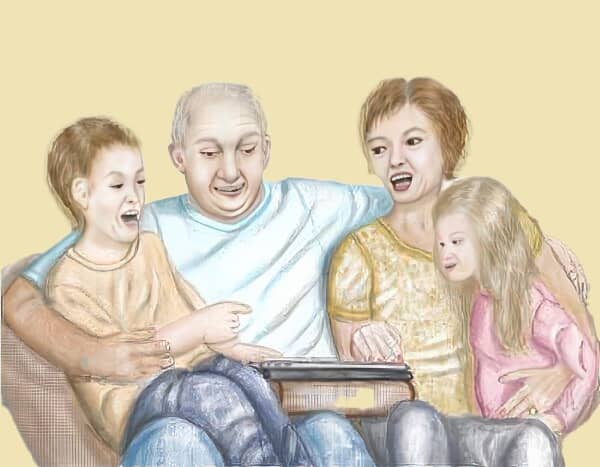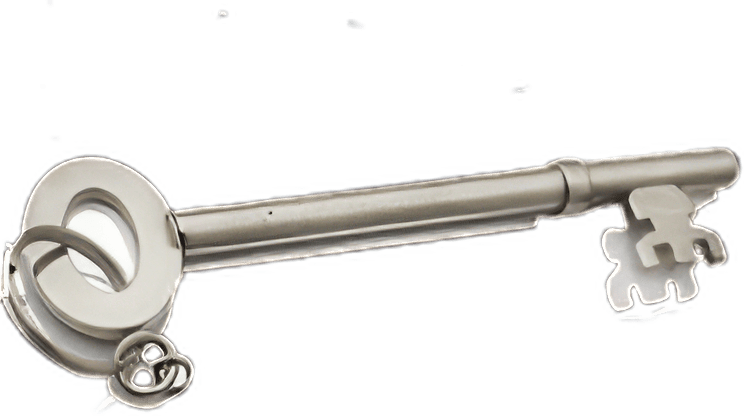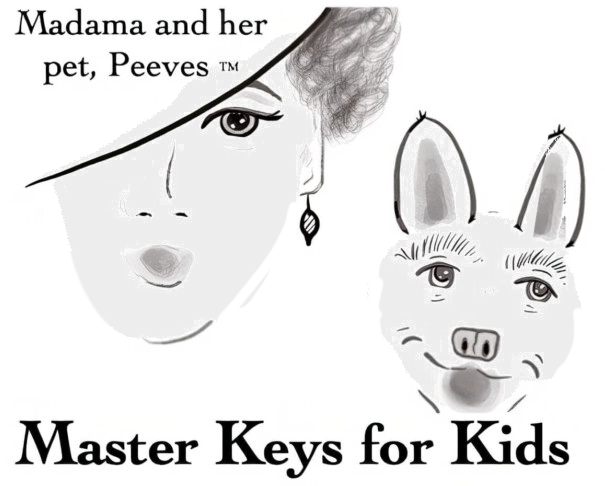
Helping kids to understand the journeys of their relatives and where and who they came from helps them to develop a backbone of how they will walk through life today. Self-respect. It is a deep longing; a profound sense of belonging.
One of the best ways to develop self-respect is to understand the hardships our ancestors survived and their accomplishments. We then have the ability to look at them with other eyes and in turn see ourselves going forward in a new light.

Do you have anyone in your family who experienced WWII? Any neighbors, acquaintances, or family stories you’ve heard? Do you have pictures of relatives? Whether you do or not, there are many fine museums that might make meaningful family trips or online programs to experience and inspire conversations.
- The National WWII Museum in New Orleans
- The Holocaust Museum of Remembrance in Los Angeles
- The National Museum of African American History and Culture Washington, D.C.
- The National Museum of Women in the Arts, Washington, D.C.
- The Smithsonian, Washington, D.C.

What is your family background? Did your ancestors survive slavery, famine, plagues, pogroms, dangerous ocean voyages, imprisonment, repatriation, civil war, or any number of harsh human experiences?
- Did they face tremendous hardship by leaving their homeland to help their family have a better life?
- Were they forced from their homeland? What and whom did they leave behind?
- What grit did they show or learn in their days before you were a thought?
Kids need to know their stories and backgrounds. If they are lucky enough to have older relatives, learning to ask questions and listening to the stories can make for meaningful family gatherings. Were their relatives inventors, doctors, soldiers, athletes, teachers, explorers, artists, performers, scientists, farmers, or any number of life paths?
If they don’t have relatives or have a limited knowledge of their background, then reading biographies, watching documentaries, and going to museums can bring their history to life.
What influence or through line do your kids see in their current life from their own family backgrounds and lineage? How are they like their relatives; shared interests, skills or talents?
We also have the opportunity to develop empathy for those who may have been troubled souls and possibly even forgive them for what they may not have been capable of showing us because the help they needed might not have been available. Is it possible they were doing the best they could with the level of pain they were in?

Pivotal points in our respective history also help us to comprehend how we collectively keep going. People make moral and ethical decisions that decide what path we will all go down. D-Day was such an event and 80 years later it remains a very important divergence.
Help your kids to explore their family history and they will understand themselves in a far greater way. Even the most humble folks endured much to be able to survive and create another generation. It’s important that we understand our place in the world and honor those who came before you.

